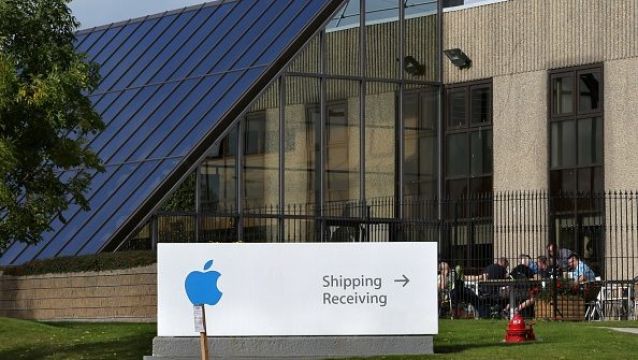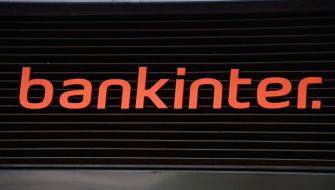An adviser to Europe's top court has said judges should back a €13 billion tax order issued by EU competition regulators to Apple seven years ago.
The European Commission in its 2016 decision said the amount related to Irish back taxes which the iPhone maker should pay. A lower tribunal had upheld Apple's challenge.
"The judgment of the General Court on 'tax rulings' adopted by Ireland in relation to Apple should be set aside," advocate general Giovanni Pitruzzella at the EU Court of Justice said in a non-binding opinion.
While the opinion of the advocate general is non-binding, it is usually followed by the court and therefore could have significant implications for corporation tax bills.
Ireland had fought the European Commission over the matter due to concerns over an intrusion on Irish sovereignty and potential impact on investment in the country.
In 2016, following an EU investigation launched in 2014, the commission concluded that Ireland gave undue tax benefits of €13.1 billion to Apple, which is illegal under EU state aid rules.
The commission said that tax rulings issued by Ireland to Apple in 1991 and 2007 substantially and artificially lowered the tax paid by the iPhone manufacturer in the country, in a way which did not correspond to economic reality.
As a result, competition commissioner Margrethe Vestager said Ireland had granted illegal tax benefits which enabled it to pay substantially less tax than other business over many years.

The investigation found that Apple had paid an effective corporate tax rate of 1 per cent on its European profits in 2003, down to 0.005 per cent in 2014 – €50 for every €1 million of profit.
The process involved recording almost all sales profits of two Irish incorporated companies, which the commission said only existed on paper.
The companies, fully owned by Apple, held the rights to use the firm’s intellectual property to manufacture and sell its products outside North and South America.
The commission said this situation allowed Apple to avoid taxation on almost all profits generated by sales of its products in the entire EU single market.
It said this was due to Apple’s decision to record all sales in Ireland rather than in the countries where the products were sold.
The findings were disputed by the Irish State – which said all tax owed had been collected – and Apple, which had come under scrutiny in the US for its tax practices years earlier.
At the time, Apple’s chief executive, Tim Cook, branded the EU findings as “political crap”, maddening and untrue.
The Irish Government, which was also used to defending a comparatively low 12.5 per cent corporation tax rate, said Europe had overstepped the mark in attempting to dictate tax laws and enforce retrospective taxes decades later.
Ireland and Apple fought the commission on the matter and in July 2020, the General Court of the European Union annulled the decision.
However, the commission subsequently appealed the decision to the European Court of Justice with Ms Vestager saying the lower court’s ruling contained “errors of law”.

The European Court of Justice’s advocate general has given a legal opinion on the dispute ahead of the court’s final decision.
That decision is expected next year and will have significant implications for how member states grant tax breaks to major firms.
Apple has argued it has been paying tax on the profits in question in the US, while Ireland has seen it necessary to defend its reputation on taxation issues to protect foreign direct investment.
Last weekend, Minister for Finance Michael McGrath said the advocate general’s opinion will be “significant” but added it is not the final step in the process.
Mr McGrath said: “We are confident in our position in respect of the Apple case. We take encouragement from the findings they have made so far, but it is a significant day.”
He added: “There was no sweetheart deal. This was the application of Ireland’s statutory corporation tax code.”
In the interim, the €13.1 billion has been held in an escrow fund pending the outcome of the case.
The money, with interest, is due to be entered into the Irish exchequer if the commission wins the case.
However, other member states may make claims that they are owed some of the money.
If the commission loses the appeal, the large sum will be returned to Apple.







